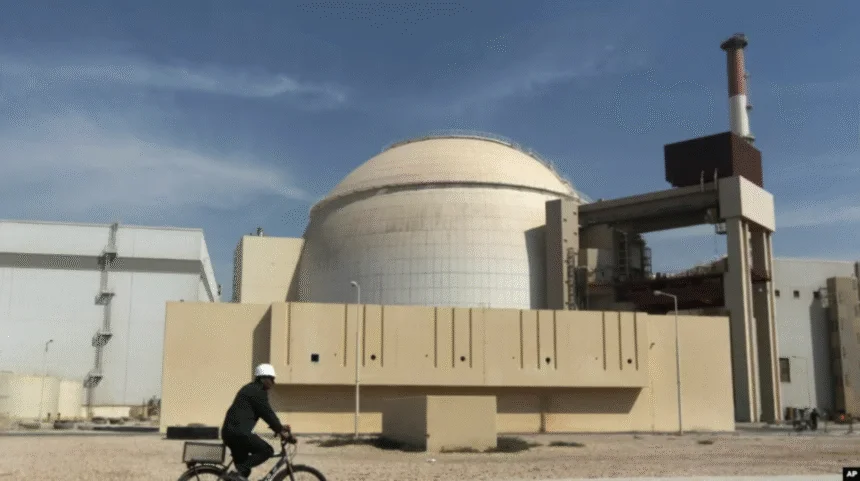The fifth round of nuclear talks between the United States and Iran concluded in Rome with only limited signs of progress toward resolving disputes over Iran’s nuclear program.
The negotiations mediated by Oman and held at the residence of the Omani ambassador to Italy ended after approximately two hours on Friday evening.
Both Washington and Tehran maintained firm positions on Iran’s uranium enrichment activities. However, Iranian Foreign Minister Abbas Araqchi noted that progress was possible, especially after Oman presented a series of proposals.
“We’ve just concluded one of the most professional rounds of talks… We clearly stated Iran’s position. The fact that we are now on a reasonable path is, in my view, a sign of progress,” Araqchi told Iranian state television.
He added, “The proposals and solutions will now be reviewed in the respective capitals, and the next round will be scheduled accordingly.”
Ahead of the talks, Araqchi posted on X (formerly Twitter) that finding a path to a deal “is not rocket science,” writing: “Zero nuclear weapons = deal. Zero uranium enrichment = no deal. It’s time to decide.”
Omani Foreign Minister Mohammed Albusaidi said the round ended with “some progress but no final outcome.” He expressed hope that “in the coming days we can clarify the remaining issues so we can move toward our shared goal of a fair and lasting agreement,” though he offered no further details.
A senior U.S. official, speaking anonymously, confirmed that the talks lasted over two hours and included both direct and indirect discussions through Omani intermediaries, according to Reuters.
“The negotiations remain constructive — we’ve made additional progress, but work remains. Both sides agreed to meet again in the near future. We are grateful to our Omani partners for their continued facilitation,” the official said.
The main sticking point remains uranium enrichment. The United States insists that Iran must abandon enrichment entirely to ensure it cannot produce nuclear weapons. Iran, on the other hand, considers enrichment a matter of national principle.
Foreign Minister Araqchi reiterated that uranium enrichment would continue “with or without an agreement.”
The Trump administration held a hardline stance that Iran must fully cease enrichment. U.S. Special Envoy Steve Witkoff recently reaffirmed this position, stating that uranium enrichment “enables weaponization.”
Secretary of State Marco Rubio echoed that sentiment during a Senate hearing on May 21, declaring: “Any level of domestic enrichment is unacceptable and poses a direct threat.”
A recent report by the U.S. Defense Intelligence Agency indicated that Iran is “likely not currently producing nuclear weapons,” but that its recent activities “position it well to do so if it chooses.”
Iran is currently enriching uranium to 60% purity, just below the threshold required for weapons-grade material. While it has expressed willingness to reduce that level, it maintains that 20% enriched uranium is needed for the Tehran research reactor.
European powers have threatened to trigger the “snapback” mechanism — a reimposition of UN sanctions under the 2015 nuclear deal — if no agreement is reached with the U.S. by the end of June.
That right expires in October, putting Iran under growing pressure, especially since it has warned of serious consequences if sanctions are reinstated.
Meanwhile, reports indicate that Israel is preparing potential strikes against Iranian nuclear facilities should diplomacy fail. In response, Araqchi warned that Iran is ready to take “special measures” if attacked.







